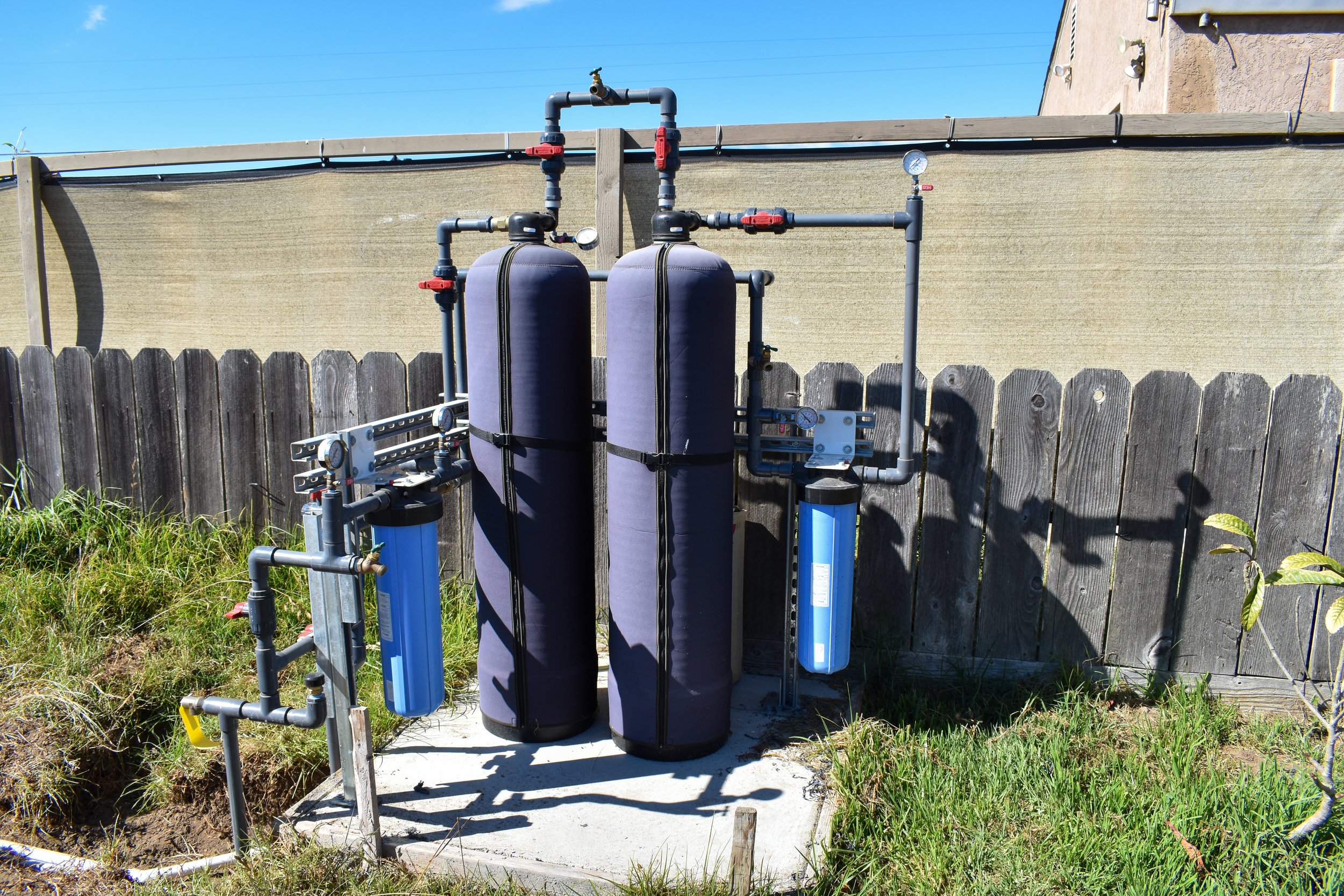Central Coast 123-TCP Treatment Pilot Project

Project Status:
Ongoing monthly water quality monitoring at households with installed systems.
Background:
The Central Coast 123-TCP Treatment Pilot Project is taking place in unincorporated communities where residents rely on domestic wells contaminated with high levels of 1,2,3-Trichloropropane (123-TCP). This project is currently funded through the State Water Board (SWB). Initial funding was through a supplemental environmental project (SEP) as an enforcement action brought by the Central Coast Regional Water Quality Control Board against Monterey Mushrooms, Inc. and Spawn Mate, Inc. for unauthorized discharges of process wastewater and polluted stormwater in 2017.
The primary project goal is to install 123-TCP Point-of-Entry (POE) household-level water treatment to reduce exposure by treating the water for this contaminant to levels below the California Maximum Contaminant Level (MCL) at up to 20 households supplied by domestic wells or small water systems. The secondary goal is to monitor and document the project process, costs, and results to inform statewide efforts to effectively and economically implement 123-TCP treatment for domestic wells and state small and local small water systems. A report (Spanish version) covering May 2021 to April 2023 has been completed, though the project is ongoing and funded through 2026.
Many Californians, mostly communities in current and former agricultural areas, are impacted by 123-TCP contamination of their groundwater because of its historic use in pesticides. The contaminant, which remains in groundwater for a very long time, is known to cause cancer, liver and kidney damage, as well as other health impacts. In 2017, CWC and our partners successfully advocated for the State of California to adopt a legal limit or Maximum Contaminant Level (MCL) for 123-TCP in drinking water. CWC supports communities and private well owners to seek funding and implement community-driven solutions to reduce 123-TCP in their drinking water.
Sixteen 123-TCP treatment systems have been installed as of July 2025. Sixteen systems are currently online, serving 70+ people in Monterey County and San Benito County.
Get Involved
Contact Mikel Irigoyen by phone at mikel.irigoyen@communitywatercenter.org or by phone at (831) 809-5937 with questions related to this project.
-
Key Resources
123-TCP Pilot Project:
English Report: 1,2,3 -TCP Treatment Pilot Project for Domestic Well Households in Northern Monterey County
Informe de español: Proyecto Piloto para el Tratamiento de 123-TCP para Pozos Domésticos en el Norte del Condado de Monterey
Appendices- 123-TCP Treatment Pilot Project for Domestic Well Households in Northern Monterey County
